|
Lemon Balm (Melissa officinalis):
Lemon balm is a fragrant, perennial herb belonging to the mint family (Lamiaceae). Native to Europe, it has been cultivated worldwide for centuries, known for its calming and medicinal properties. As the name suggests, lemon balm has a mild lemon scent and flavor, making it a popular addition to teas, dishes, and natural remedies. It is commonly used to promote relaxation, alleviate stress, and support digestion. Its gentle yet effective properties make it a popular herb in both traditional and modern wellness practices.
Botanical Characteristics:
Lemon balm is a low-growing herb that can reach heights of 30–60 cm (1–2 feet). It has bright green, ovate leaves with scalloped edges and a pleasant lemon fragrance when crushed. The plant produces small, white or pale pink flowers in late spring or early summer, which attract pollinators like bees. Lemon balm thrives in well-drained soil and can grow in partial to full sunlight. It is easy to grow and is often found in herb gardens, as it is known for its pleasant aroma and medicinal uses.
Health Benefits of Raw Lemon Balm:
Raw lemon balm has many health benefits, particularly for reducing stress, improving sleep quality, and supporting digestion. Some of the key benefits of raw lemon balm include:
Promotes Relaxation and Reduces Anxiety:
Lemon balm is widely used as a natural remedy for stress and anxiety.
It has mild sedative properties that help promote calmness and relaxation, making it effective for managing everyday stress or more chronic anxiety conditions.
Supports Sleep and Improves Sleep Quality:
The calming effects of lemon balm can help with insomnia and other sleep-related issues.
It is often used in combination with other herbs like valerian root to improve sleep onset and quality by soothing the nervous system.
Digestive Health and Relief from Stomach Discomfort:
Lemon balm is known to support digestion by relaxing the muscles of the gastrointestinal tract.
It can help relieve symptoms of indigestion, bloating, nausea, and gas. Lemon balm is often used as a remedy for irritable bowel syndrome (IBS) and other digestive disturbances.
Antioxidant Protection:
Lemon balm contains powerful antioxidants, including flavonoids, polyphenols, and tannins, which help protect the body from oxidative stress and damage caused by free radicals.
These antioxidants may reduce the risk of chronic conditions such as heart disease and cancer.
Cognitive Support and Mood Enhancement:
Research suggests that lemon balm may help improve cognitive function, particularly in areas of memory and concentration.
It is sometimes used to improve mood and mental clarity, potentially benefiting individuals with mild cognitive decline or mood imbalances.
Antiviral and Antibacterial Properties:
Lemon balm has natural antiviral properties, particularly against cold sores caused by the herpes simplex virus (HSV).
It is used topically as well as orally to treat skin infections, wounds, and cuts.
Relieves Headaches and Migraines:
The soothing and calming properties of lemon balm may also help reduce the severity of headaches and migraines, especially those caused by tension or stress.
Applying lemon balm oil to the temples or forehead may provide relief.
Hormonal Balance:
Lemon balm has mild estrogenic effects, which can help balance hormones, particularly in women experiencing symptoms of PMS or menopause.
It can help alleviate symptoms such as mood swings, hot flashes, and cramps.
Culinary and Medicinal Uses of Raw Lemon Balm:
Lemon Balm Tea: One of the most common uses of raw lemon balm is to make a soothing herbal tea. The fresh leaves are steeped in hot water to create a calming, lemon-scented beverage that is ideal for stress relief and improved sleep.
Culinary Uses: The fresh leaves of lemon balm can be added to salads, soups, sauces, and desserts to impart a light lemon flavor. It is often used in Mediterranean and Middle Eastern cuisines.
Smoothies and Juices: Lemon balm can be blended into smoothies or juices for a refreshing citrus note and health benefits.
Essential Oil: The essential oil of lemon balm can be used in aromatherapy for relaxation or applied topically to soothe skin irritations, including cold sores.
Tinctures and Extracts: Lemon balm is available in tincture and extract forms, often combined with other herbs to support sleep, anxiety relief, or digestion.
Cultural and Historical Significance:
Lemon balm has a rich history of use in both ancient Greek and Roman medicine. It was believed to have calming and restorative properties, and it was often used to treat ailments such as insomnia, anxiety, and digestive issues. In the Middle Ages, lemon balm was valued for its ability to heal wounds and treat infections. It was also believed to have protective powers, often used in remedies to ward off evil spirits and promote well-being. Today, lemon balm remains an important herb in traditional herbal medicine and is widely used for its gentle yet effective calming effects.
Nutritional Composition of Raw Lemon Balm:
Vitamins: Rich in vitamin C, with smaller amounts of vitamins A, B-complex, and folate.
Minerals: Contains potassium, calcium, magnesium, iron, and phosphorus.
Bioactive Compounds: Flavonoids, polyphenols, rosmarinic acid, tannins, and essential oils.
Calories: Low-calorie, with approximately 40 calories per 100 grams of raw lemon balm leaves.
Environmental Role and Cultivation:
Lemon balm is a hardy herb that grows easily in temperate climates. It prefers well-drained, fertile soil and can thrive in partial shade to full sun. Lemon balm is often grown in herb gardens, as it is both aromatic and medicinal. It is an attractive plant for pollinators like bees, which are drawn to its small, fragrant flowers. Due to its easy cultivation and wide range of health benefits, lemon balm is a popular choice for home gardeners.
|












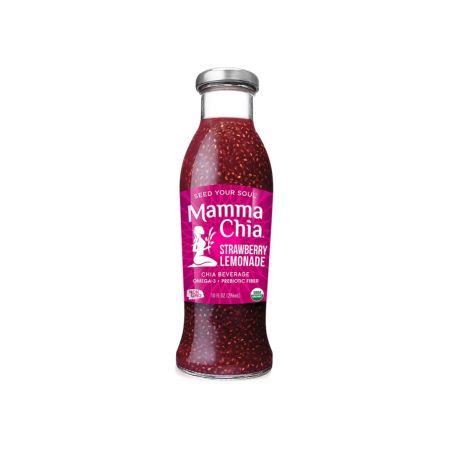
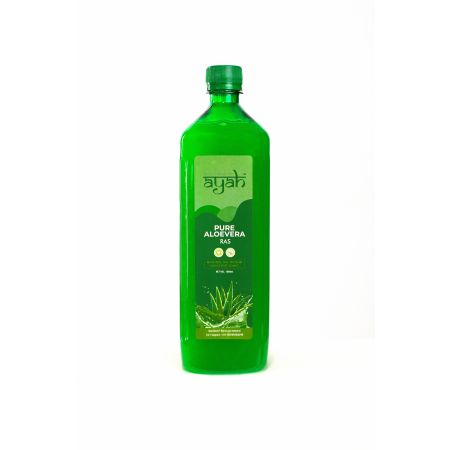


.jpg)
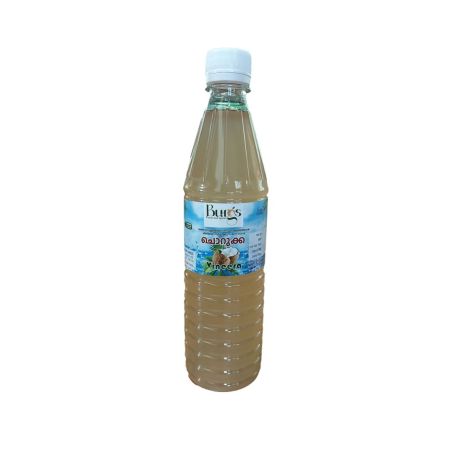

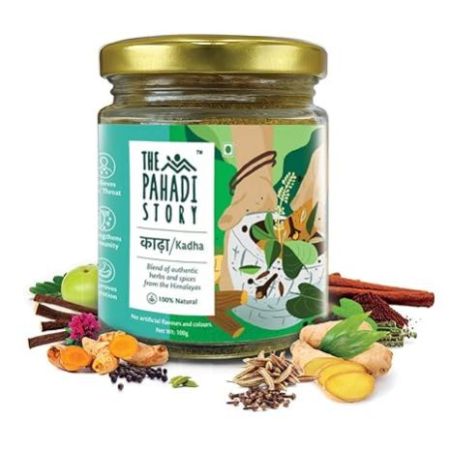
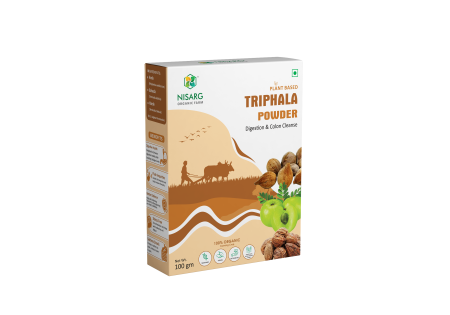
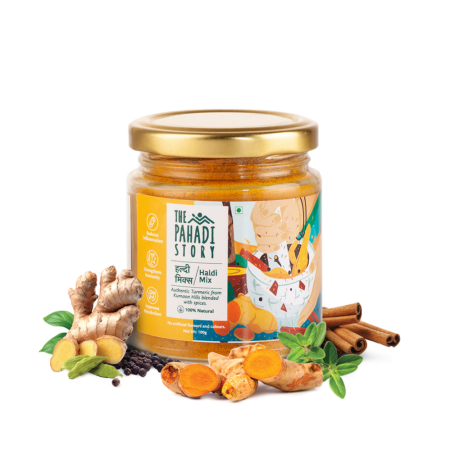
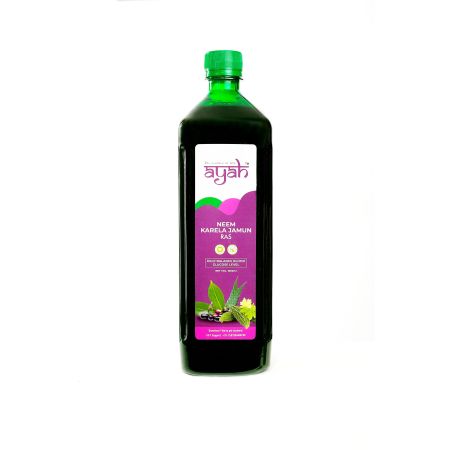




Sanya Gupta
2025-02-19 14:53:42Best raw Lemon Balm I’ve ever used—so fresh, effective, and perfect for holistic health!